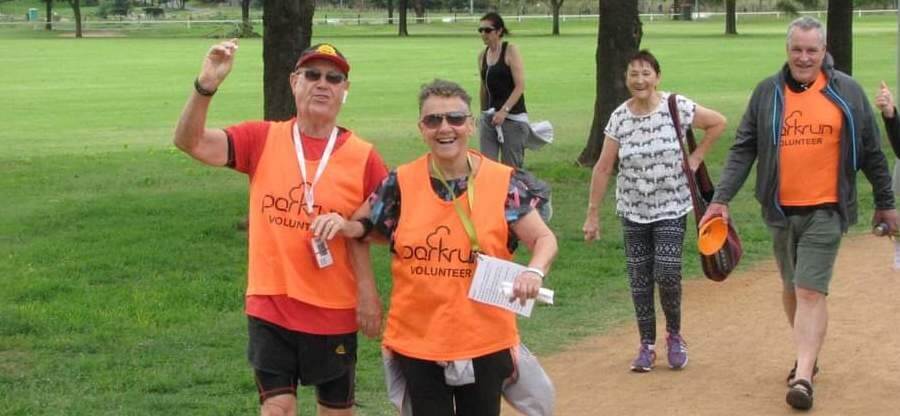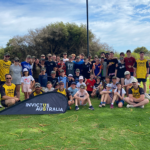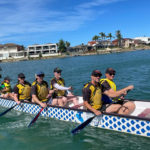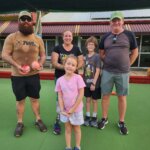
The power of a chat
A great example of the Invictus community found all around Australia, Bill Greenwood volunteers as a Run Director at Dubbo parkrun, and as a Crisis Support Officer.
Bill, a retired detective and Vietnam veteran, explains why the two roles have become intertwined over the past four years, and how the simple act of coming to the park on a Saturday morning can have a profound impact on the people he supports.
I was working as a detective for the NSW Police in 1988, when I was transferred to Dubbo to take over the Child Sexual Assault Team. Before I knew it, my kids had grown up and I was heavily involved in my local community.
About four years ago my wife Theresa asked me if I would go with her to Dubbo parkrun. After walking at the event a few times, we wanted to become more involved and are now both Run Directors. We love the community atmosphere and have made many new friends.
I also volunteer as a Crisis Support Officer, which involves taking calls from a wide range of people from all parts of Australia who are distressed, isolated, and living with mental health challenges. Our call rate has increased by almost 25% since the beginning of the pandemic.
There are lots of requirements to take on a role such as this one, such as mandatory training, education, meetings and a minimum of 90 hours per year on the phone. We train for the worst and are prepared to act when we need to. Some calls are tragic and some change your life.
A large number of people in our society have little or no support around them, so our role is to listen, open doors, and point people in the right direction. Part of the conversation we have with callers is to ask if they are physically active and if they get outside at all. I am a recruiter by nature and love talking to people, so this part of the call often leads to parkrun. When people hear the word ‘run’ they are sometimes put off initially, but having the time to actually explain the true nature of parkrun is a great opportunity to change people’s preconceptions and plant the seed.
People’s mental health challenges often stem from loneliness, not knowing what to do, and being unsure of how to get out and meet people. This is where parkrun comes in, not just the walking and running and volunteering, but simply the motivation to leave the house and come to the park. Health professionals who support people with anxiety and depression will point to the act of just ‘being outside’ as one of the key tools to counter it.
You don’t need to be a trained Crisis Support Officer to help somebody in need. Don’t be afraid to ask people if they’re okay, as sometimes just a short conversation can make a world of difference. You can always suggest they call Lifeline or have a look on the website for the contacts and resources available.
Finally, as a military veteran it is not unusual to have a call from a fellow veteran in crisis. Almost always I can pick up from the way somebody speaks that they have a military background – us veterans have a way of talking that helps us pick up on the signs. But if you do find yourself knowingly speaking to a veteran who is in distress or needs someone else to speak to, please remind them that there are also ex-military groups out there they can speak to confidentially.
Through parkrun, we have so many more conversations and interactions than we would do otherwise. Never underestimate the power of a chat, wave, smile and hello, not just on a Saturday morning but when we see people during the week who we wouldn’t recognise if it wasn’t for parkrun. We can all make a difference.
This article contains strong themes. If you or someone you know is in crisis and needs help now, please call triple zero (000). 24-hour support is also available at Lifeline and Beyond Blue.




